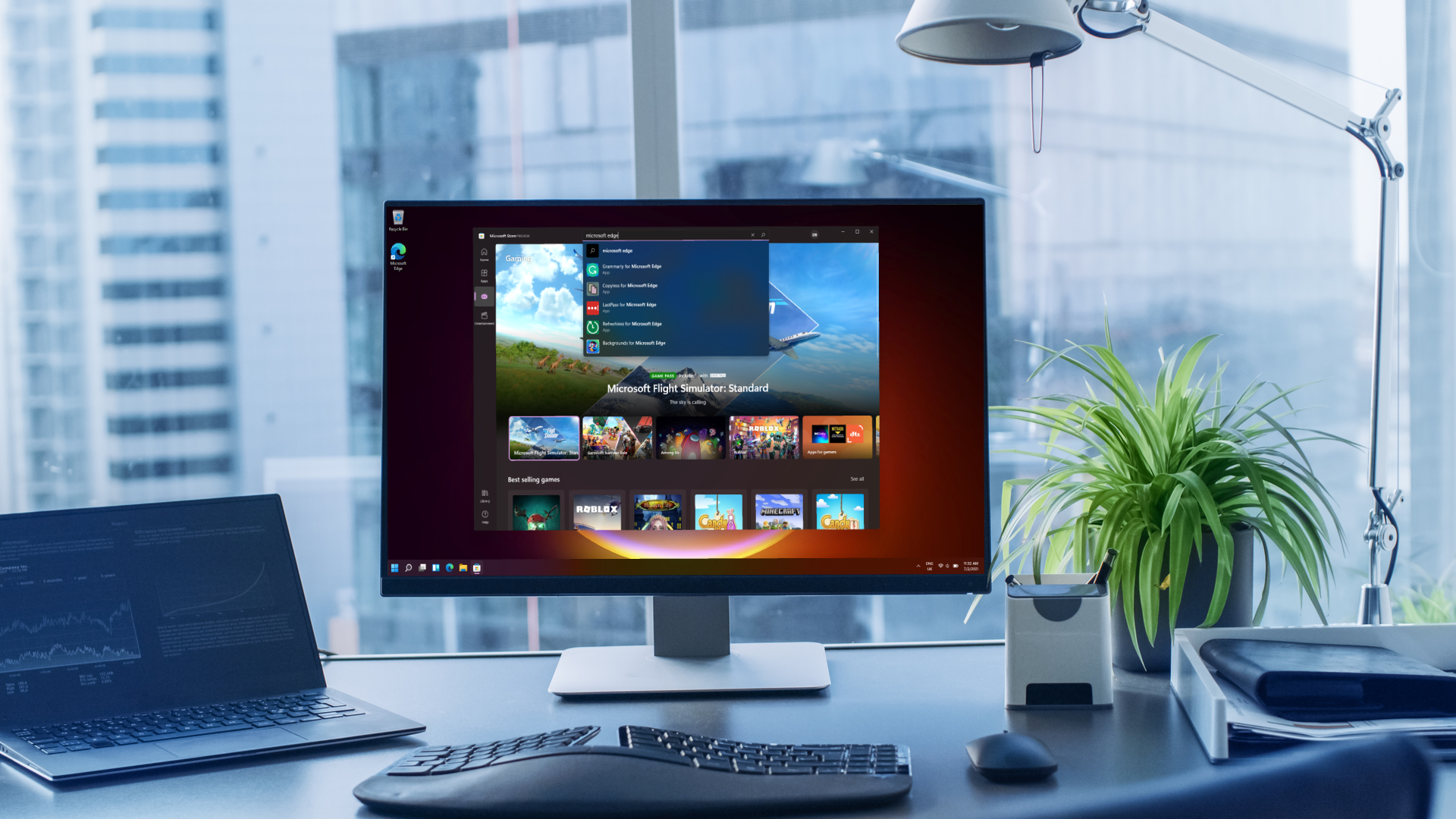
Microsoft has released a new Windows 11 preview (in the Beta testing channel of the Windows Insider Program), and it includes an update for the Microsoft Store that’s caught the attention of some folks.
The latest version of the Microsoft Store that’s available as part of this preview (build 22635) has added a flyout when you search for apps in the store’s search box, as Windows Central noticed.
This flyout will display suggestions for other content (apps, games and the like) you may be interested in, similar to suggestions that are displayed when you open the Microsoft Store which are based on your previous searches.
At this point, we don’t know if these flyout suggestions will be generated organically from your past search history, or if there will be a sprinkling (or even a helping) of paid advertising added in here.
Given Microsoft’s history of cramming in adverts in various places in Windows 11, which many people are frustrated with and consider heavy-handed, it’s easy to be cynical when considering Microsoft’s motivation behind this fresh development.

It all 'ads' up to a headache, frankly
This is hardly the first time Microsoft’s offered similar app and product suggestions in parts of Windows 11, and I would hazard a guess that few users want these kinds of nudges. Microsoft calls these additions ‘suggestions’ and ‘recommendations,’ but to a lot of Windows users and observers, they sure look a lot like adverts.
Just this year alone, we’ve written about ‘recommendations’ in the Start Menu that include promoted apps, alongside further recommendations in the Settings app urging you to get the Xbox Game Pass, not to mention intrusive full-screen notifications and nags. Then there’s ads infiltrating the MSN Weather app, and Microsoft jamming more ads into the Start menu (again).
It’s ad-ception all over Windows 11, in short, and all these moves are likely to annoy and frustrate at least some users, who may be thinking of looking elsewhere at an alternative desktop OS at this point (or maybe a trimmed-down version of Windows 11).
The Microsoft Store already suffers from a low count of users, seemingly lower than Microsoft would like, at any rate - and I doubt sticking ads (sorry, suggestions) in will help remedy that. Although, maybe because of that (relatively) low level of traffic, perhaps this store update won’t result in a significant increase in the overall discontent level of Windows 11 users. Either way, however, this begs the question - why bother doing this in the first place?







